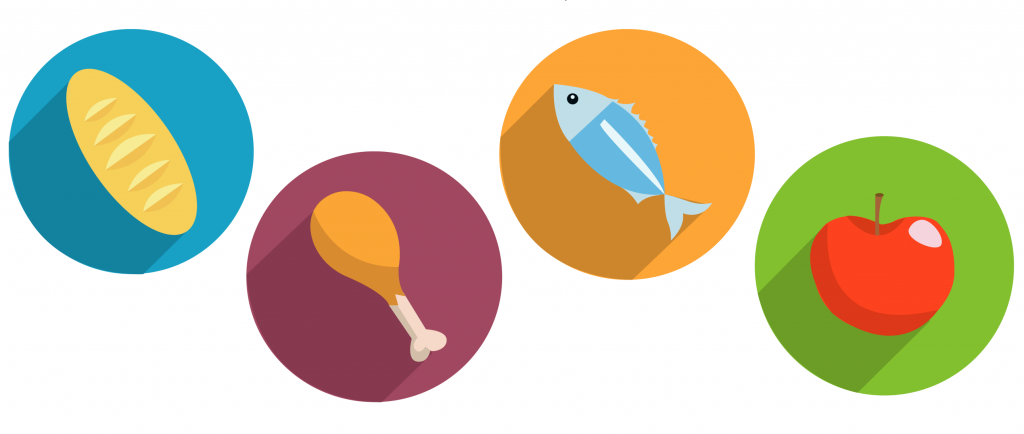
Society constantly changes its expectations of what beauty and health look like. Today, we value clothing sizes and not the people wearing them. This puts pressure on people’s bodies and I definitely deal with my own demons in the form of problematic habits. It’s a hard thing to admit but when you feel like the entire world is concerned with an integral part of yourself, doubt tends to creep into the cracks of your self-esteem.
Issues of body image affect everyone. One of the problems I think that surrounds eating disorder discourse is that people often mistakenly believe that they cannot be overweight and have an eating disorder. The truth is that eating disorders affect people of all sizes.
When you think about an eating disorder, a lot of people’s minds jump to anorexia, which is understandable because of statistics and the image it evokes. That monolithic image of this serious issue can mislead people because, like all health issues, these conditions exist along a spectrum. Conversely, an overweight woman is frequently seen as a success story if she loses weight and that is a slippery slope.
I didn’t think I ever had a problem. Until my athletic career derailed because of health problems, I didn’t have an issue with food. It started when I attached punishments and rewards to the meals I ate.
Binge eating, emotional eating and compulsive overeating can creep up over time until it’s hard to see where you went wrong. No one likes to talk about eating disorders out in the open.
When I was younger, I never verbalized that I struggled with my relationship with food; after all, we all have to eat to survive. The truth is that self-blame and shame perpetuate the cycle of binge eating, reinforcing the urge to increase your willpower until you crash and burn. Perfectionism and anxiety can take a chokehold of your stomach and make you think really destructive things.
Eating disorders don’t always look like stick thin figures and protruding bones under thin skin. Sometimes it means praying no one notices your hunger or that you sneak food like it’s forbidden or that you ate more food than everyone else. Sometimes it looks like stretch marks and empty food wrappers and calorie counters.
When I find myself falling back into the cycle, I reach out to one of my closest friends for help. Knowing someone would listen makes all of the difference. I finally felt comfortable to speak about my experiences after Eating Disorders Awareness Week concluded this year. If I could tell anyone living with disordered eating habits one thing, I would tell them to be brave enough to be kind to themselves.
If you or someone you know is struggling with any type of eating disorder, there is always help available. For more information about this issue you can visit nationaleatingdisorders.org to learn more.
Click here for more from the Torch’s Opinions section.
